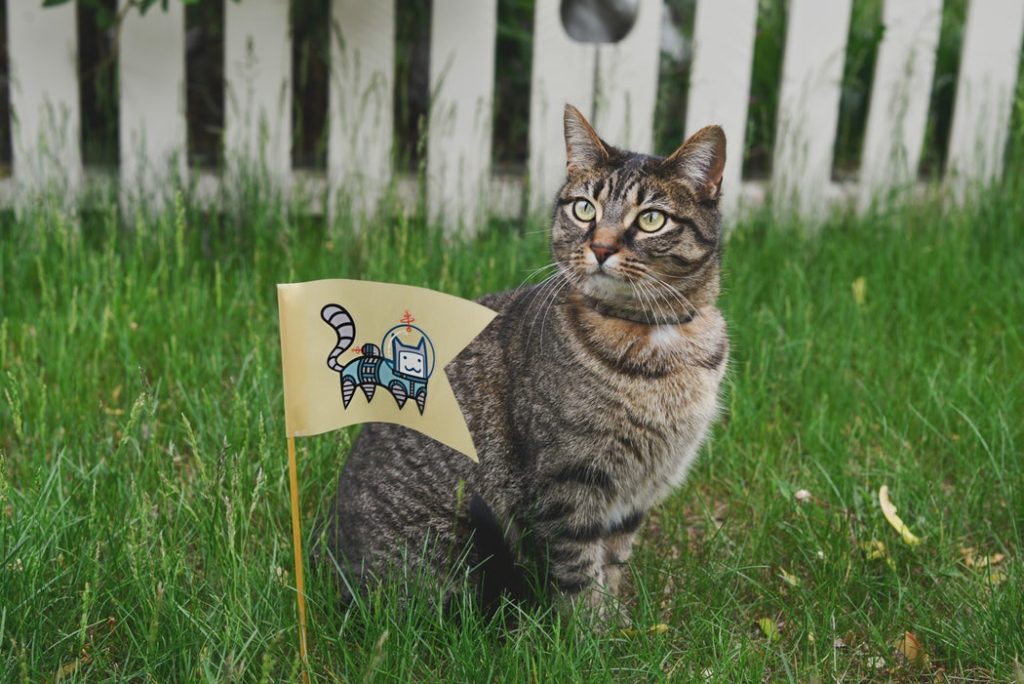“sig·nif·i·cant, adj. : of a noticeably or measurably large amount”
– Merriam-Webster’s Dictionary
My son, age 15, is in a major transitional year, having begun high school three months ago. He has a new case manager and new teachers who are all still getting to know him, his strengths, and his needs. He has a full load of classes and a couple of self-chosen extra-curricular activities, including being on the school’s wrestling team, which he dreamed of doing for many years. I am, of course, very proud that he achieved that, and of everything he’s accomplished. He has come so far from his non-verbal, sensory-agony days.
And fortunately, I like his new case manager. She quickly assessed my son’s needs and has worked hard to meet them. I am very appreciative of her work and her attention to my son. She recently emailed me to go over a few issues, including how to help him participate more during wrestling practice. Among other things, she wrote, “[The coach] does not have a lot of experience with students with significant disabilities.”
And it hit me hard. That phrase – “significant disabilities” – is heavy. It was, of course, not meant in a negative way. But it smacks a parent in the face. It’s a harsh reality check, even twelve years post-diagnosis. That phrase takes my recent hopes for a possible semi-independent adulthood for my son and dashes them to pieces. It takes me back to square one, when he was three years old and we received a diagnosis of classic autism, and again at age five, with a different doctor and two years of intensive therapy under our belts – same diagnosis. My head reeled again as it did so long ago. Significant disabilities, even at age 15, even after all the work he’s done, all the years of continuous therapy, all the parental heartache. “Significant” must be somewhere in between “moderate” and “severe.” And “significant disabilities” do not induce much hope.
Days pass. I have been walking around in a melancholy haze caused by two seemingly innocuous words. They are truthful, after all. I realize that his case manager sees a 15-year-old who needs constant one-on-one assistance in all of his classes, two periods a day in the resource room for help with in-class work and assignments, daily pull-outs from his mainstream classes, ongoing social skills and speech therapy, daily medication for his behavior, curriculum modification, and various other accommodations that I am constantly grateful are available to him. I can’t deny that all of that does, indeed, point to “significant disabilities,” just as how his needs when he was first diagnosed pointed to the same.
I know that my son’s case manager meant no harm in what she wrote; she merely stated a fact, and I certainly don’t hold it against her. But she doesn’t know his history. What she doesn’t see is a 15-year-old who, despite great difficulty in learning to talk and filter severe sensory issues, despite enduring years of bullying, among countless other challenges, has always gone to great lengths to learn to work with his autism and to function as well as he does. He always tries. He wants to live his best life as much as I want him to. I find that significant too.

